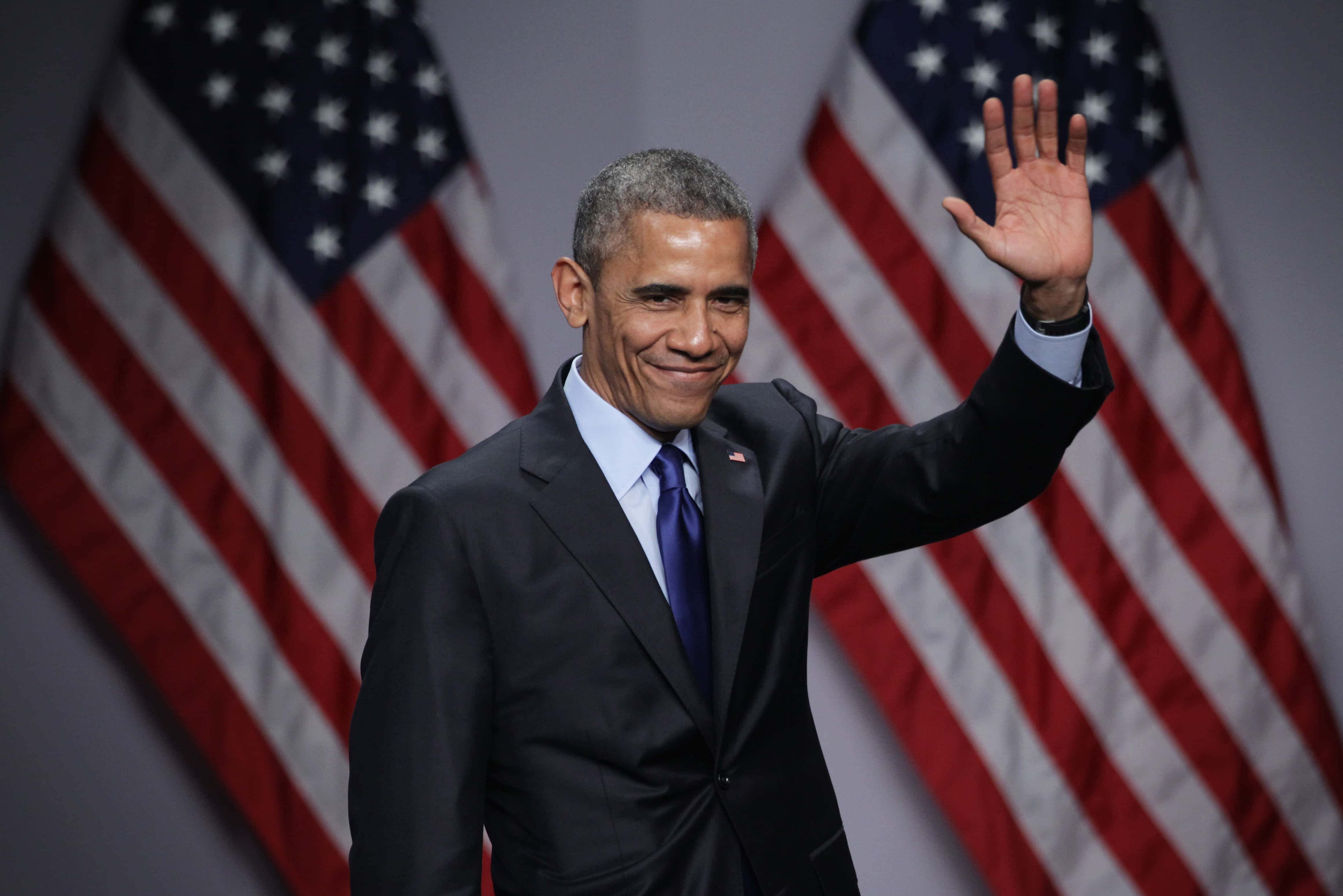Nearly a third of Black Americans hesitant to take Covid-19 vaccine because of distrust, poll finds

Former US president Barack Obama recently expressed interest to take Covid-19 vaccine shots on camera to assure the public about the vaccine’s safety but his willingness is yet to convince several Black Americans about the injection. According to a recent poll, by the Kaiser Family Health Foundation, more than a third of Black Americans are hesitant to take the vaccine despite scientists assuring that they are safe and effective and officials saying that it will be free for those who cannot afford it.
The poll discovered that Black Americans were among the groups that are least interested in getting vaccine shots against the deadly disease. It said while 27 percent of Americans, in general, were hesitant to get vaccinated, the skepticism was 35 percent among the Black Americans. Majority of Blacks polled said they were concerned about possible side effects. The Kaiser poll said 59 percent cited possible side effects as one of the major reasons why people are hesitant to take the Covid-19 vaccine shot. Fifty-five percent felt the lack of trust in the government to ensure the vaccine’s safety and effectiveness while 51 percent were not too sure about the role politics played in the development of the vaccine. About half (47 percent) of the Black adults who are against taking the vaccine said they didn’t trust the vaccine in general. Fifty percent even were worried that they might get the disease from the vaccine itself, suggesting that some types of misinformation need to be removed to increase vaccine confidence among this group.
The Centers for Disease Control and Prevention has warned that Blacks and Latinos are almost three times more likely to die from coronavirus than their White counterparts because of various socio-economic issues.
Over 17 million Americans have been affected by the Covid-19 virus so far while more than 313,000 have died.

It may be mentioned here that apart from Obama, America’s first Black president, showing interest in taking the shot, New York nurse Sandra Lindsay became the first person in the US to receive a Pfizer-BioNTech shot and she is also an individual of color. Michelle Chester, the doctor who gave her the shot, and Yves Duroseau, an emergency doctor who was the second to get vaccinated, are also Black. Yet, these names have not helped much in persuading the skeptical African-Americans to get vaccinated.
While Lindsay said after getting inoculated that she didn’t feel that she was picked out or targeted or if she has been used and Duroseau encouraged all to take the vaccine to stop the pandemic and Pew Research Center said in November that the trust of the vaccine went up among the Americans (51 percent in September to 60 percent in November), the Black population seemed to show a little progress. Only 42 percent of them surveyed by Pew said they were ready to get the shot. Among the Hispanics, it was 63 percent and among the Whites -- 61 percent.
Why this lack of confidence in the vaccine?
According to experts, history has a role to play in this. Memories of the medical experiments that were carried on slaves in the past eras are still fresh in the community's minds, AFP reported.
Between 1932 and 1972, Black men were unwittingly used to study the effects of syphilis in Tuskegee, Alabama. In 2018, a statue of Dr James Marion Sims, a 19th-century American physician and considered the father of modern gynaecology, was removed from New York’s Central Park because of the experiments he had conducted on slaves. Sims had used enslaved women as patients to test new gynecological methods without providing them any anesthesia.
“A lot of (skepticism) is based on distrust and based on historical experiences many of these groups have experienced,” Marcus Plescia, chief medical examiner for the Association of State and Territorial Health Officials (ASTHO), was quoted as saying by AFP.
“They are not anti-vaxxers, they are vaccine-hesitant. We need to find ways to reach them and build that trust,” he added, saying showing Black people on TV getting the country's first vaccinations is “probably a good strategy”. However, in some small ways, companies like Moderna are trying to change this hesitancy. Moderna, one of the companies developing a leading Covid-19 vaccine, slowed its clinical trial in September to boost the number of minority participants.
However, the Kaiser polling found two other groups showing more distrust in the vaccine than the Black Amerians. They are the Republicans (42 percent) and those belonging to the age group of 30-49 (36 percent). Thirty-five percent of the US’s rural residents also showed distrust, similar to the Black Americans. The Democrats, on the other hand, showed the least distrust with only 12 percent of them feeling hesitant to take the vaccine shot.










